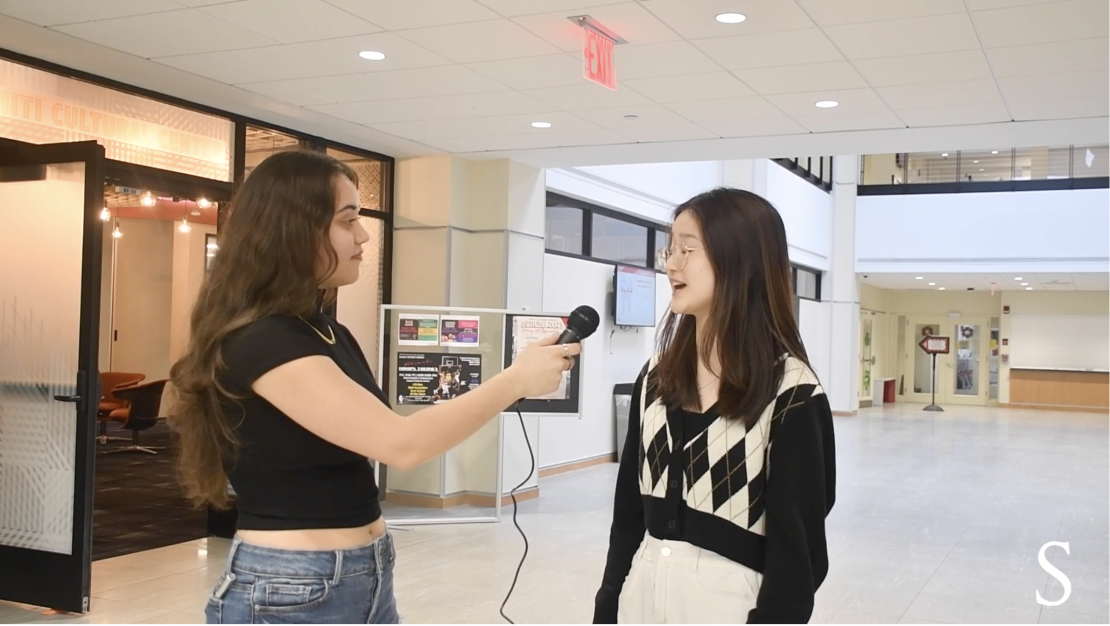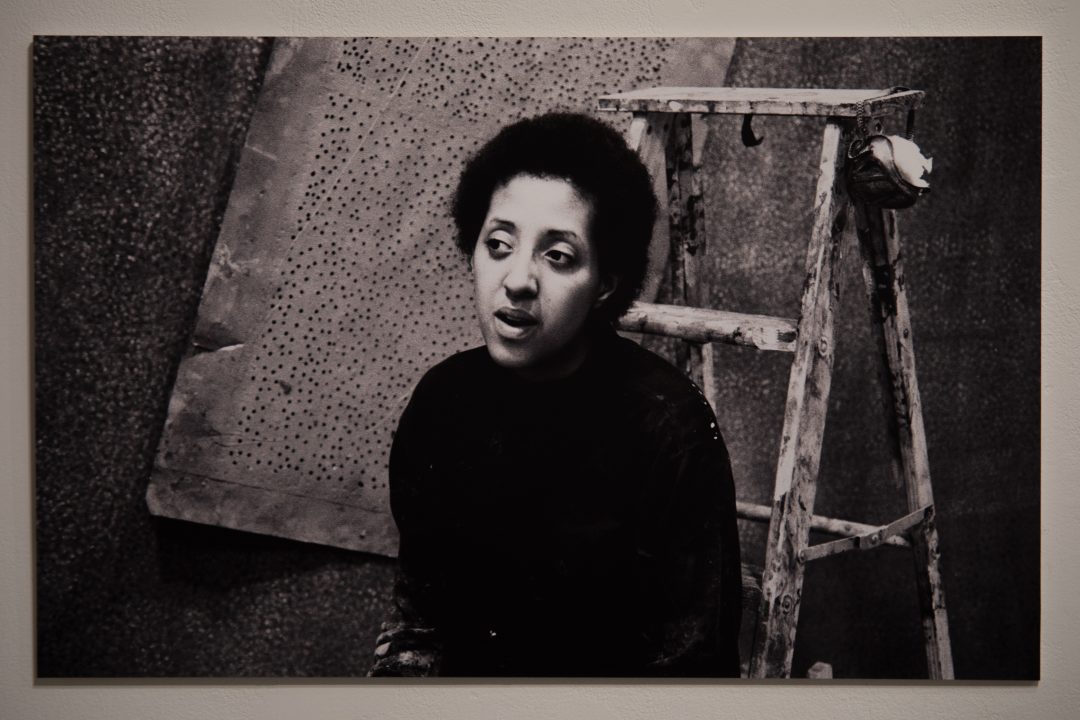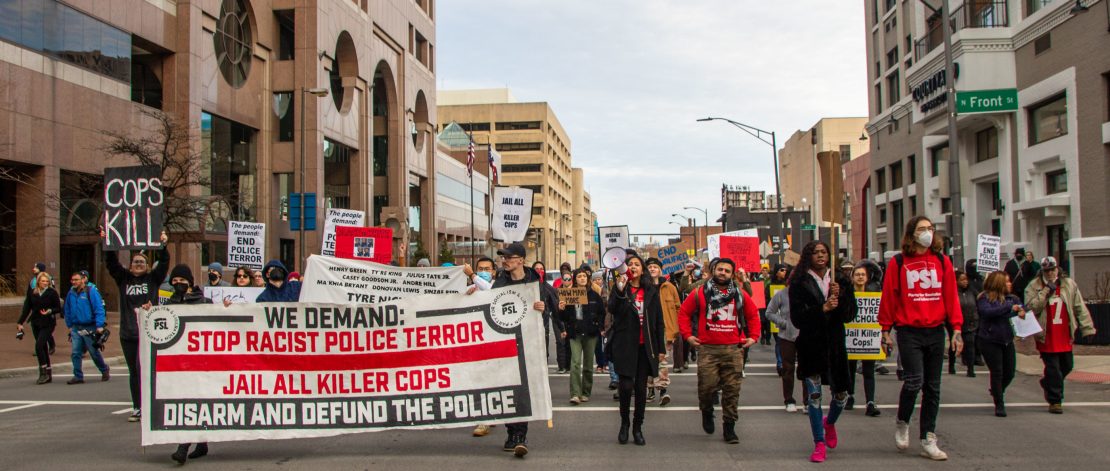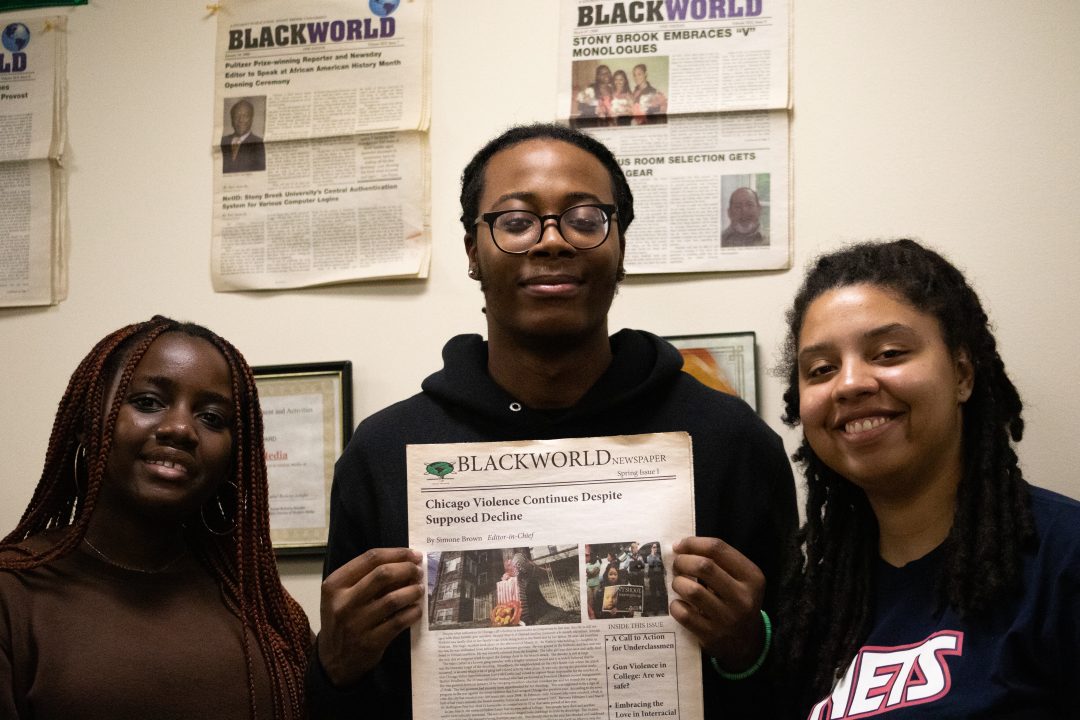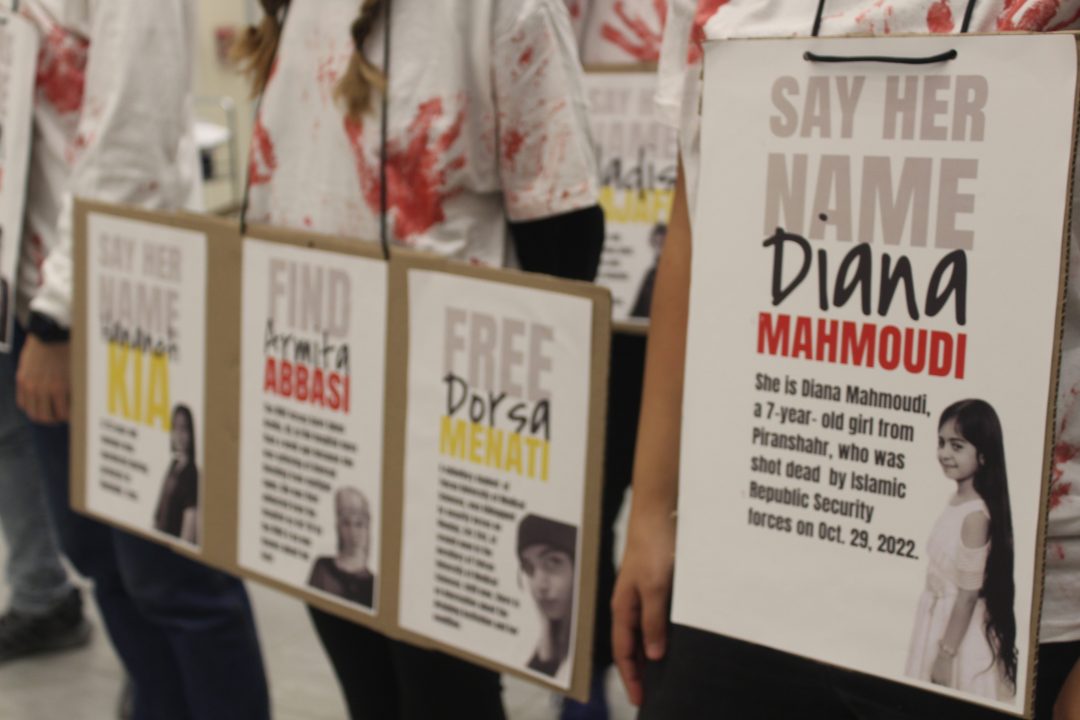
At Stony Brook University, organizations for underrepresented communities are an important part of student life.
Stony Brook’s campus now hosts over 70 clubs that provide an established community to students of different backgrounds. The Afghan Student Organization, the Caribbean Student Organization and the Sikh Student Association are just a few examples.
Ethnic student organizations are widely considered some of the most important student clubs. They provide environments that allow for connections between students who share a cultural identity.
Cultural groups help forge communities on campus. They also act as educational resources to inform the student body about other cultures.
“All of these people share a heritage and we can just all gather into one place,” David Gonzalez, a freshman representative for the Latin American Student Organization (LASO), said. “They can come and gather with their friends … share music, share their life events, things that they are going through … that is very important in terms of a supportive aspect of being a community.”
Efforts towards ensuring inclusion for all students are a primary goal for Stony Brook.
The University’s Diversity Plan states that “there have been various efforts in the past, along with current work being done, to improve the campus climate and to make headway in meeting the goal of developing a more inclusive community at Stony Brook.”
Student organizations also play a part in this goal by holding events to educate and celebrate their respective cultures.
LASO in particular hosted events like Café Con Laso, a Day of the Dead Celebration and conversations on Colorism in Latin America. They also participated in the 30th Annual Opening Ceremony Celebration in 2019, which celebrated both the start of Hispanic Heritage Month and 30 years of Hispanic excellence at Stony Brook.
Organizations such as LASO can also benefit students who are not a part of the Hispanic or Latino community or have had little interaction with those cultures beforehand.
“Attending LASO would be a good way to open your eyes, because obviously Latin America may not have anything to do with your culture, but you can share in celebration and you can also participate and become more aware of the different cultures around you,” Gonzalez said.
The impact that LASO and similar cultural organizations can have on campus is well understood and emphasized by its members.
Even students who haven’t attended events offered by cultural organizations can see the impact on campus.
“When I think of anti-racism resources, I mainly think of clubs like the Asian Students Alliance,” Reem Hamdan, a freshman biology major, said.
Hamdan also finds that cultural clubs help connect people to their culture. He has experienced this firsthand as a member of the Arab Language and Culture Club.
“It helps in knowing you have that community on campus,” he said.
Increasing diversity and an understanding of these communities is an ongoing effort.
Particularly for organizations such as LASO, raising awareness on issues specific to the Latino community is an important goal. Gonzalez noted that Latinos of various backgrounds are treated differently within the community.
“We’re not homogenous, but that doesn’t mean that you get to treat anyone differently just for their nationality,” Gonzalez said. “It’s also a matter of teaching that to others, teaching that to ourselves … which in a lot of ways does involve combating racism and forms of colorism.”
Despite the importance of these organizations, not all students are aware of them, which prevents them from taking part in their events or joining.
Anish Shenoy, a freshman psychology major, has not attended events from cultural organizations but said that he would if he was more informed. Another freshman, biology major Alina George, also sees the value of cultural groups.
“I think it’s really important that people have a place to go where they’re surrounded by similar people who understand them,” George said. “So I think these organizations have had a great impact on making people feel seen and heard.”







